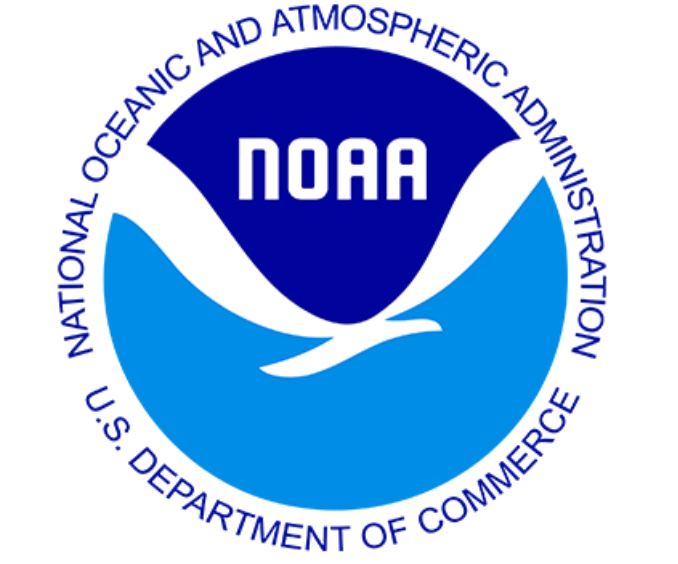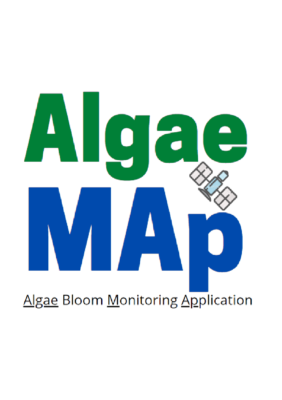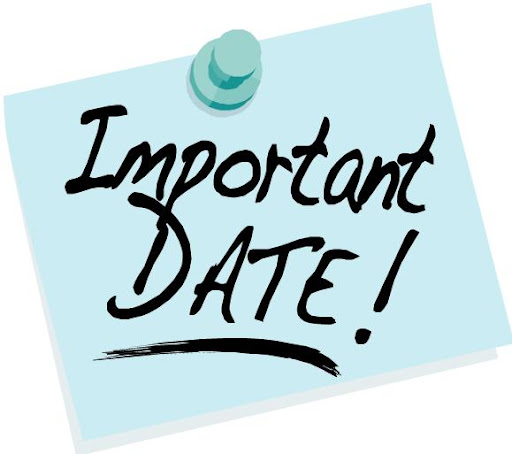Tutorial on Ocean Satellite Data Products and Using ERDDAP and R or Python to Access and Work with Satellite Data
January 19, 2022 at 10:00 AM – 6:00 PM Eastern Time (Virtual)
Find out more about course fees and registration here:
Course Description: Satellites make routine observations from which several ocean parameters such as sea surface temperature, ocean color, sea level, ocean winds, and salinity can be derived. Ocean observations from space have the advantage of broad spatial and temporal coverage that complement in situ measurements.
The NOAA CoastWatch/OceanWatch/PolarWatch program provides free and open access to these ocean products through a variety of platforms. This tutorial will teach you where to find data and how to leverage the ERDDAP data platform to visualize, subset, download and work with data. The day will be a mix of lectures on ocean satellite data, demonstrations and hands-on tutorials in R and Python.
The focus will be on NOAA ocean satellite data products but the tutorials will be useful for working with any type of gridded NetCDF data. This session will be most beneficial for participants who already have some basic experience working in R or Python but who are not familiar with NetCDF or satellite data.





 guidance documents – this time on applying Atmospheric Corrections – for the community to use as quick references. As with our other guides, one is introductory in nature and one is more advanced. All four guidance documents presented by the Algorithm Focus Group can be found on our website under the
guidance documents – this time on applying Atmospheric Corrections – for the community to use as quick references. As with our other guides, one is introductory in nature and one is more advanced. All four guidance documents presented by the Algorithm Focus Group can be found on our website under the 
